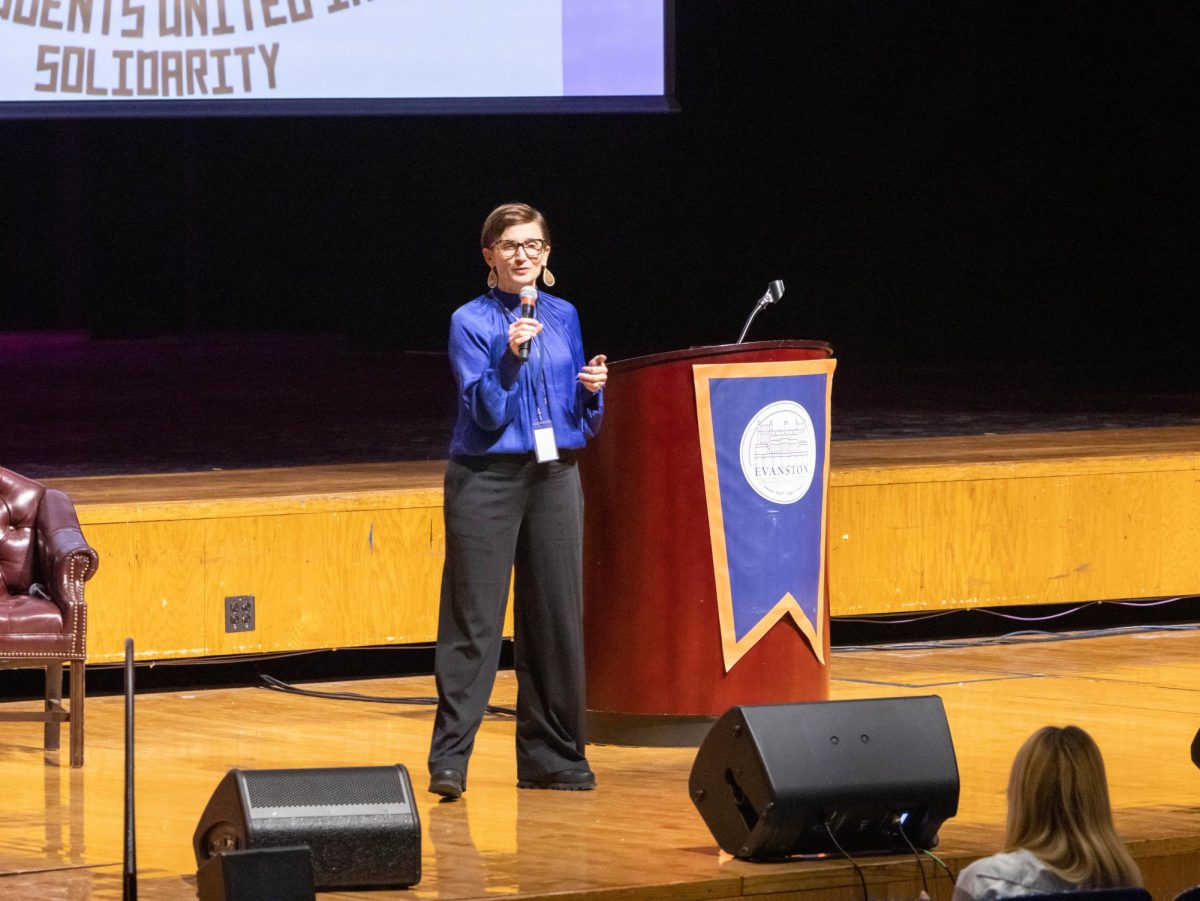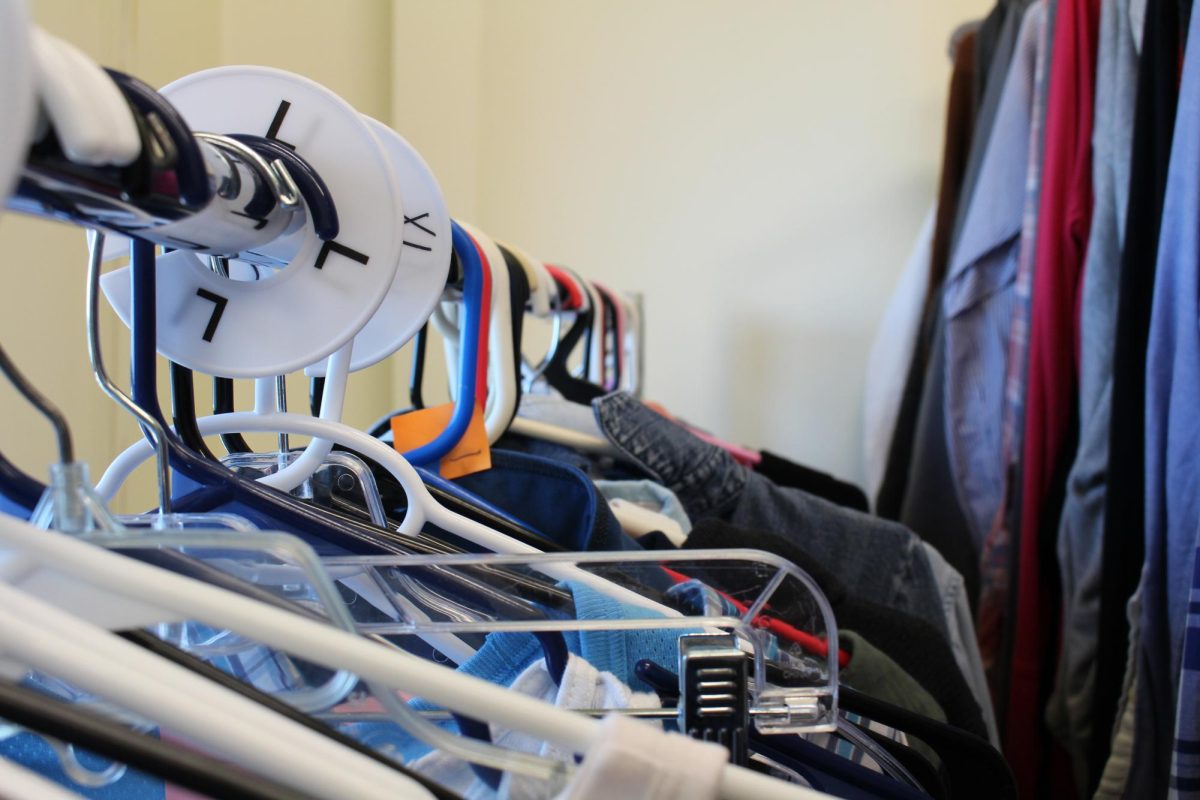It’s time to realize professional athletes are people too
September 27, 2019
Professional athletes can be some of the most beloved people, but also some of the easiest to betray.
When a player or team is booed by their own fans due to a horrid performance, I can live with it. Fans pay a lot of money to watch their team play, and if the game is a true disappointment, I get it, emotions come out. But looking at a situation such as star NFL quarterback Andrew Luck’s, the booes absolutely disgust me.
When news leaked that Luck, quarterback for the Indianapolis Colts, was retiring from football in the middle of a pre-season game at just 30 years old, he was booed off the field. Luck said he left the game because of ‘mental fatigue’.
In the 2017-18 NBA season, Cleveland Cavaliers forward Kevin Love exited Quicken Loans Arena with a mid-game panic attack. Love was met with support from many other NBA players, including San Antonio Spur Demar DeRozan, who also expressed his struggles with mental health issues.
Of all professional athletes, very few have been more outspoken than Liz Cambage of the Las Vegas Aces, who also took time off due to mental health, and was quite vocal about removing the stigma.
“I took a ‘DNP-Rest,’ but here’s what it should’ve said: DNP-Mental Health,” Cambage said to The Players’ Tribune following her time off.
The stigma around mental health affects every industry, and despite much of society linking sports with toxic masculinity, athletes have mental health issues as well. The case of Luck, as well as many others, is a prime example of this. My intention is not to say fans need to treat athletes because that would be of utter disregard to the special treatment athletes get. However, it might be worth investigating how this treatment in some ways takes away from the humanity of athletes.
Everywhere professional athletes go, there are cameras on them and fans bombarding them, making it nearly impossible to live a normal life. Being treated like a higher spirit, the athlete’s humanity gets lost in the mix of things.
While athletes at ETHS don’t get this treatment to the same extent, they aren’t treated like other students either. From spending multiple hours practicing daily, being held to a higher standard and an expectation of near perfection, athletes are naturally treated differently at ETHS.
You have to prioritize your mental health, academics and balance your sport, and that can be really difficult,” junior swimmer Alice Gottesman said. “Being held to higher standards can be really beneficial, but you also have to think ‘what’s best for me’.”
An athlete wouldn’t have a career if there weren’t any fans, as they are the ones paying for tickets, buying their jerseys and making sports a profitable industry. Nonetheless, it also is important for fans to realize they wouldn’t be watching sports if it weren’t for the people who dedicate their blood, sweat and tears to the game.
Because of the leverage and prominence the media gives athletes, they are almost always forced to take the high road and tolerate fans even when the behavior is unacceptable. It’s time to return the favor.











